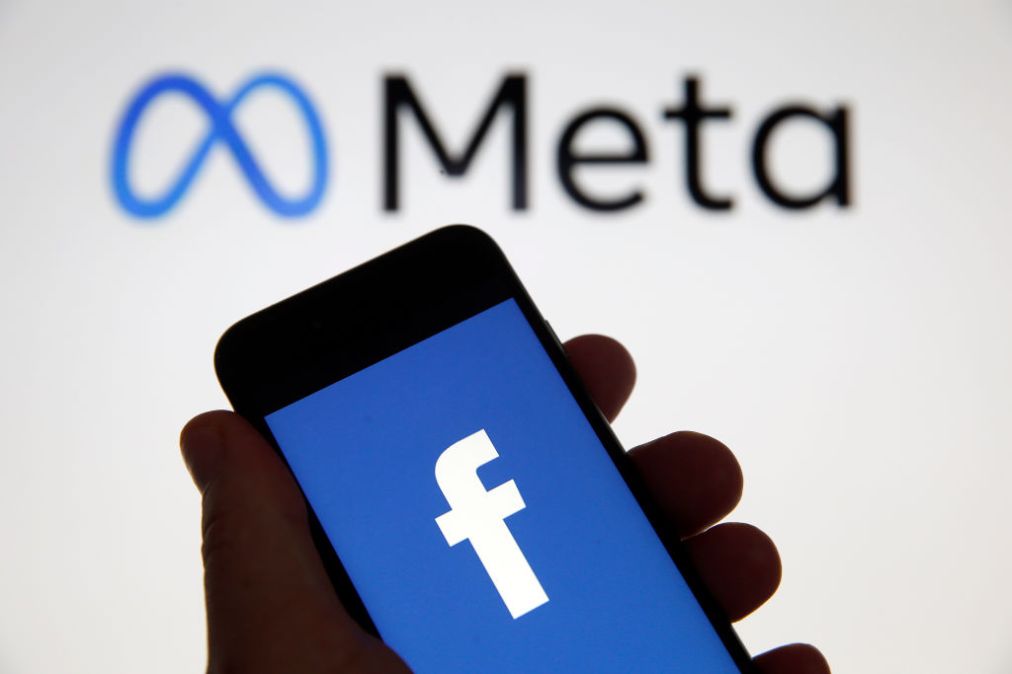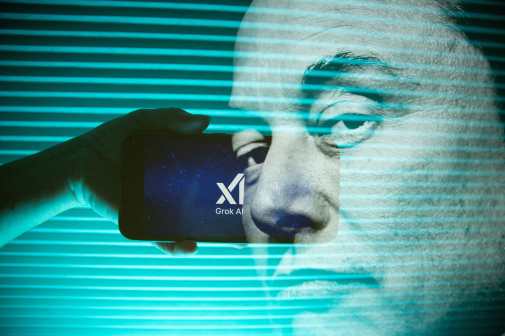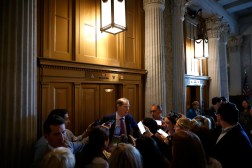Facebook kills its facial recognition system, citing ‘societal concerns,’ uncertain rules from regulators

Facebook is shutting down its decade-old “Face Recognition” system and will delete more than a billion templates used to automatically match users with photos and videos, the company announced on Tuesday.
Facebook’s vice president of artificial intelligence Jerome Pesenti cited the need to “weigh the positive use cases for facial recognition against growing societal concerns, especially as regulators have yet to provide clear rules.”
Its decision comes on the heels of mounting scrutiny from lawmakers over internal documents that suggest the company has put profit ahead of real-word harms. Facebook has not committed to limiting future uses of facial recognition.
Facebook’s facial recognition technology has created legal trouble for the company in the past. Earlier this year, it agreed to a $650 million settlement of a privacy lawsuit brought against the company in Illinois under its Biometric Information Privacy Act. The class-action litigants accused Facebook of collecting user biometrics for its photo-tagging software without first informing them.
The FTC in 2019 imposed a record $5 billion penalty and additional privacy restrictions on Facebook in response to allegations that the company mislead users about their privacy settings, including misrepresenting user control of facial recognition.
Facebook’s decision to cease its program raises serious questions for companies that continue to expand use of the technology — such as Delta — as well as lawmakers, said the campaign director for the privacy advocacy group Fight for the Future.
“Facial recognition is one of the most dangerous and politically toxic technologies ever created. Even Facebook knows that” ‘s Caitlin Seeley George said in a statement. “There is only logical action for lawmakers and companies: It should be banned.”
Lawmakers have debated regulating facial recognition technology in recent years, but Congress has yet to pass any laws imposing rules on the technology or introduce federal biometric privacy standards. Government studies have shown that facial recognition technology produces more false positives for Black and Asian skin tones and civil rights advocates have reported several instances of the technology leading to false arrests.
As a result of civil rights concerns, IBM in 2020 ended its facial recognition program, while that same year Amazon placed a moratorium on sales of its facial recognition technology to police.
More recently, the Biden administration has expressed interest in tackling facial recognition. The Office of Science and Technology Policy in October called for an artificial intelligence bill of rights and launched an examination of such tools, including facial and other biometric recognition technologies. The Federal Trade Commission has also shown interest in cracking down on unauthorized use of facial recognition technology.
Facebook’s shift away from facial recognition is also a sign that the company is pursuing new methods of identity verification. Pesenti called the move a part of a bigger company shift “away from this kind of broad identification, and toward narrower forms of personal authentication.”






